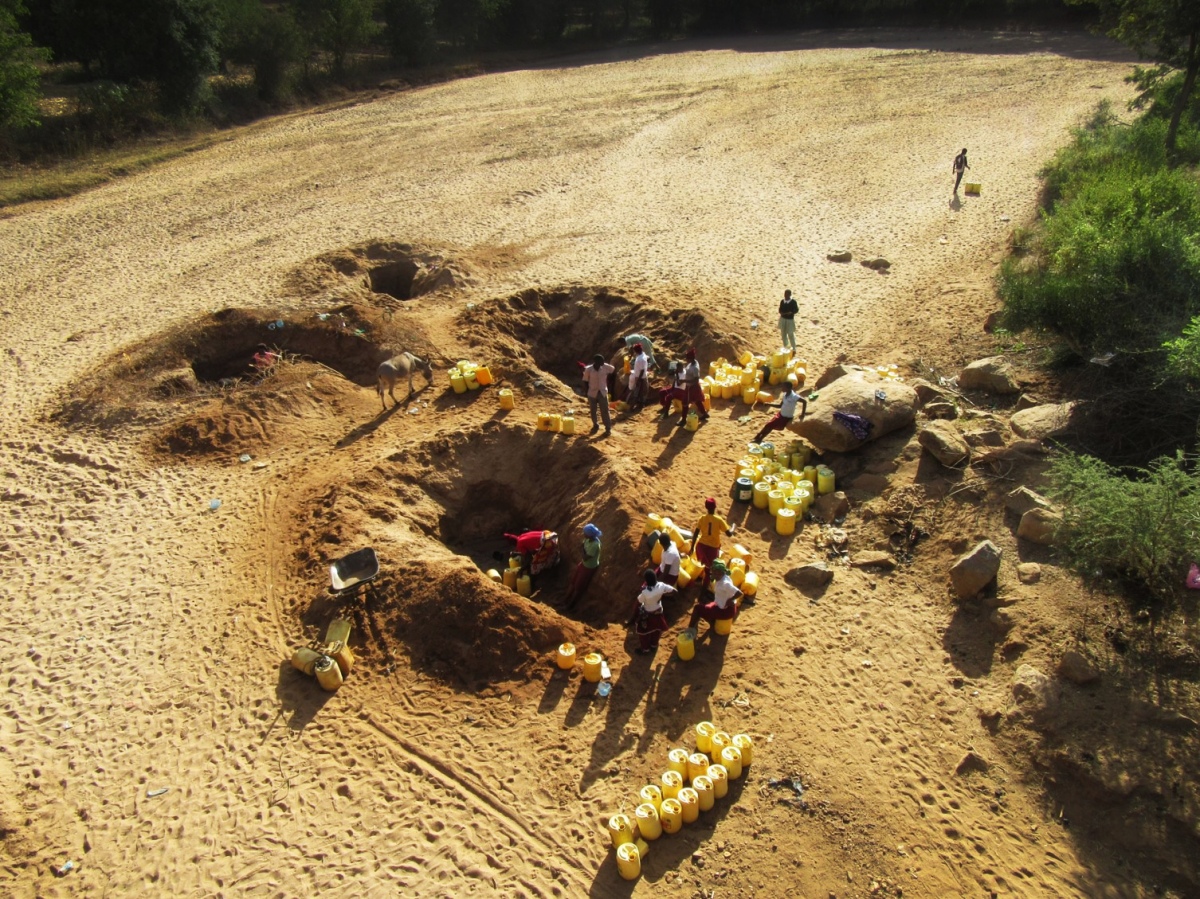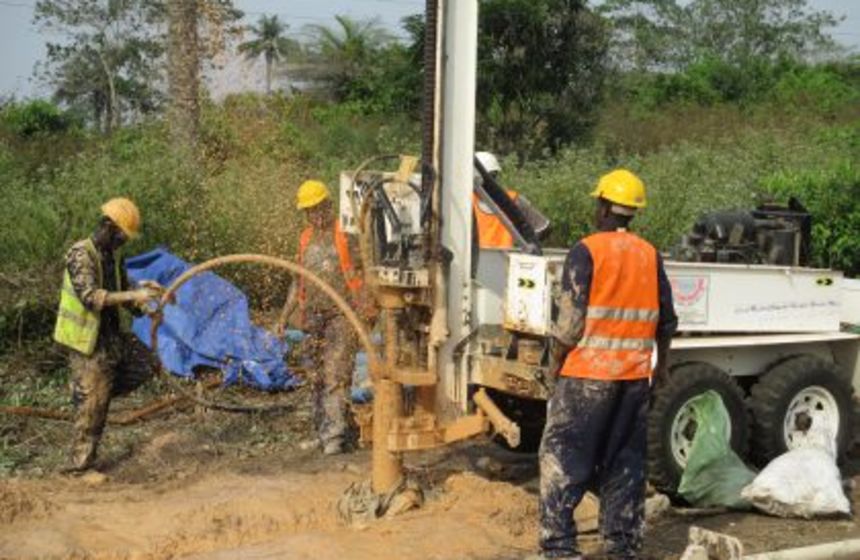By Louisa Gosling, WaterAid and Meleesa Naughton, RWSN Secretariat
RWSN has been exploring the question of accountability for sustainable rural water services over the past few months through an e-discussion, a workshop, and webinars in French, English, and Spanish.
What is accountability?
Accountability is a new topic for the Leave no one behind Theme of RWSN, and one that is difficult to translate in other languages: there is no direct translation of accountability in French and Spanish, for instance – we translated it as ‘responsibility’. In the e-discussion, we initially defined social accountability as ‘an approach that refers to the extent and capacity of citizens to hold the state and service providers accountable, and make them responsive to needs of citizens and beneficiaries’. But through the e-discussion and in particular the webinar, we also heard of initiatives that seek to empower citizens to hold not only service providers (direct accountability) and governments (indirect accountability) for water services, but also donors.
So who should be held accountable for what?
The definition proposed by Catarina Fonseca of IRC, who presented some preliminary findings from a recent study during one of the RWSN webinars, is perhaps more appropriate: she defined accountability as ‘those who are responsible, accept responsibility for their actions and omissions and accept that they are called upon to give an account of why and how they have acted or failed to act.’
While accountability is often a bottom-up process in practice, with citizens and citizens’ organisations seeking to hold service providers, governments and donors to account, duty-bearers also have an obligation to put in place effective accountability mechanisms that lead to actionable change. The study Catarina presented showed that accountability mechanisms for SDG6 for service providers and governments are often not available in many countries, and that when they exist, they are not effective and not systematic due to the lack of financing, lack of monitoring data and reporting, and limited participation of civil society organisations.
What about donors’ accountability? According to Susan Davis from Improve International, most foundations do not prioritize evaluation of WASH projects post-implementations, which impedes learning and improving accountability for the end-users. Moreover, when they do conduct evaluations, they may not share the results – or have no incentive to share results showing poor performance of WASH services. Susan proposed a WASH donor accountability scorecard which would foster a culture of accountability and transparency through virtuous competition amongst donors to disclose the results of evaluations.
The e-discussion and the webinars highlight a range of different aspects of accountability. It is encouraging to see that this topic is gaining a higher profile in the water sector. Other recent discussions include a thinkshop on social accountability in the water sector recently held in Tanzania, and the recent expert consultation for the upcoming report by the UN Special Rapporteur for the Human Rights to Water and Sanitation. Greater understanding and application of this principle are essential for achieving SDG 6.
Resources
- RWSN Webinar “How can we make providers and governments accountable for rural water services?”
- RWSN e-discussion “Social accountability for rural water services”
- RWSN Webinar “Practical ways of financing to reduce corruption in the rural water sector”
- Global Review on National Accountability Mechanisms for Goal 6 – Draft Preliminary Findings
- On accountability scorecards for donors:
Photo credit: Simone D. McCourtie / World Bank




 Course modules
Course modules